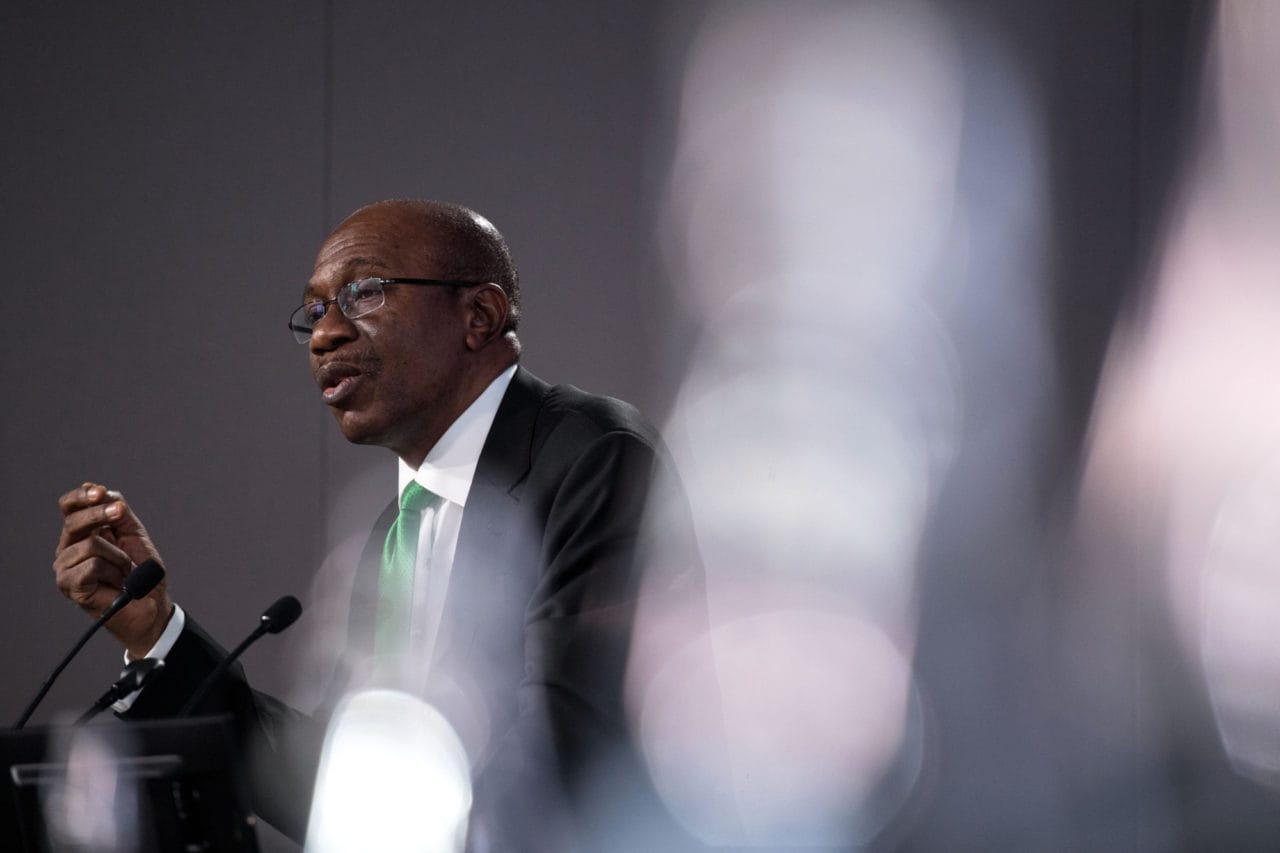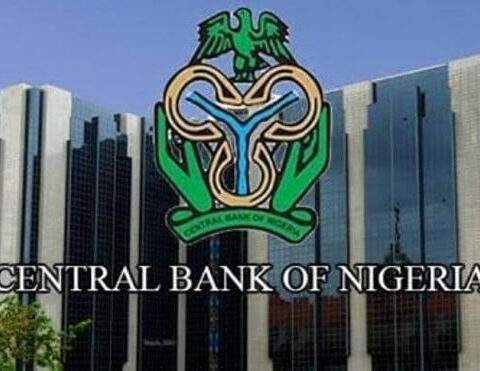The Central Bank of Nigeria (CBN), on Friday, released Regulatory Guidelines and Framework for Mobile Money Services in the country.
The CBN explained that the introduction of mobile telephony in Nigeria and its rapid growth and adoption among other factors made it necessary for the apex bank to issue the framework as it will create an enabling environment for the orderly introduction and management of mobile money services in Nigeria.
Join our WhatsApp ChannelAccording to the apex bank, “The Framework defines the regulatory environment as a policy path towards achieving availability, acceptance and usage of mobile payment services.”
The objectives of the guidelines are to ensure a structured and orderly development of mobile money services in Nigeria, with a clear definition of various participants and their expected roles and responsibilities.
Another is the specification of the minimum technical and business requirements for the participants recognised for the mobile money services industry in Nigeria, and then to promote safety and effectiveness of mobile money services and thereby enhance user confidence in the services.
CBN in the Guidelines on Mobile Money Services stated that the Mobile Money Operators (MMOs) shall not carry out the following activities: grant any form of loans, advances and guarantees (directly or indirectly); accept foreign currency deposits; deal in the foreign exchange market except as prescribed in Section 4.1 (ii & iii) of the extant Guidelines for Licensing and Regulation of Payment Service Banks in Nigeria; insurance underwriting; accept any closed scheme electronic value (e.g. airtime) as a form of deposit or payment; establish any subsidiary; undertake any other transaction which is not prescribed by these Guidelines; and any other activities that may be prohibited by the CBN.
On licensing, it stated that all Mobile Money Operators (MMOs) shall be licensed by the CBN on such terms and conditions as the Bank may determine from time to time; be issued a unique Scheme Code by the NIBSS for managing interoperability; be issued unique shortcodes by the NCC; ensure that all telecommunication equipment are type-approved by the NCC; register users of its scheme based on technology standards and the requirements of these Guidelines; ensure that the registration processes within its mobile money scheme shall fulfil the entire KYC requirements specified in these Guidelines, and lastly, the total outstanding (unspent) balance which represents Mobile Money Subscribers’ unspent funds shall be insured up to the applicable coverage level by the NDIC.
Section 10.1.3 dealt with interest distribution on savings wallet and stated:
“Fees and charges for the management of the investment shall not be more than 10 per cent of interest income on savings wallet funds investment; where an MMO operates a savings wallet, i.e., a wallet earning interest, it shall expressly inform subscribers of the following:
“The minimum balance on the savings wallet that qualifies to earn interest; the allowable number of withdrawals to be entitled to earn interest; the minimum savings period to earn interest; the applicable balance that would earn interest; the procedure for determining interest amount distributable to subscribers should stipulate the minimum percentage of interest income to be distributed to subscribers and the proportion to be retained by the MMO, if applicable; the applications of section 10.1.3 (b) (i) to (v) in distributing interest shall be automated.
“On no account whatsoever, shall a Mobile Money savings wallet account holder suffer diminution in the principal sum on his/her wallet as a result of fees or charges; Deposit Money Banks serving as settlement banks are prohibited from off-setting any other transactions of the MMO, including the transaction wallet pool accounts, against the savings wallet principal pool accounts and savings wallets interest pool account; and MMOs shall comply with the minimum disclosure requirements on the financial statements as stipulated by the Bank,” the section further stipulated.
On infrastructure, the guidelines stipulated that the core infrastructure for providing a national mobile payment system comprises transaction processing, clearing and settlement platforms. It stated that the responsibility for the provision and management of these platforms shall be that of the Lead Initiator.
On risk management, the guideline specifies the following requirements to mitigate risks arising from their activities: the MMOs shall ensure that risk mitigation techniques are in place to minimize operational, liquidity, technical, fraud, financial and money laundering risks; the mobile payments system shall not be susceptible to sustained operational failures, as a result of system outages; a risk management officer shall be assigned by the MMOs, who is to provide internal risk management oversight; the CBN will review the risk management programme, including all the controls that are in place to manage the risks from time to time; and the MMOs shall ensure strict adherence to the risk management governance provisions specified in extant Code of Corporate Governance as may apply to MMOs.
- Editor
- Editor
- Editor
- Editor
- Editor














